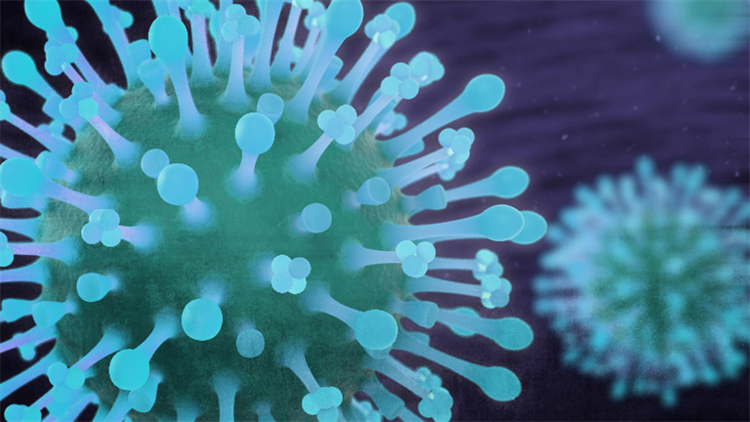Coronaviruses (CoV) are a large family of viruses that cause illness ranging from the common cold to more severe diseases such as Middle East Respiratory Syndrome (MERS-CoV) and Severe Acute Respiratory Syndrome (SARS-CoV). A novel coronavirus (2019-nCoV) is a new strain that has not been previously identified in humans1.
Coronaviruses are zoonotic, meaning they are transmitted between animals and people. Detailed investigations found that SARS-CoV was transmitted from civet cats to humans and MERS-CoV from dromedary camels to humans. Several known coronaviruses are circulating in animals that have not yet infected humans1.
Common signs of infection include respiratory symptoms, fever, cough, shortness of breath and breathing difficulties. In more severe cases, infection can cause pneumonia, severe acute respiratory syndrome, and even death1.
At this time, there is not enough evidence to determine whether the virus is transmitted from a mother to baby during pregnancy, or the potential this may have on the baby. This is currently being investigated2. Findings from a small group of cases suggest that there is currently no evidence for intrauterine infection caused by vertical transmission in women who developed 2019-nCoV pneumonia in late pregnancy3. In any case, pregnant women should continue to follow appropriate precautions to protect herself from exposure to the virus, any seek medical care early, if experiencing symptoms2.
Breastfeeding mothers in affected and at-risk areas experiencing symptoms should also seek for medical care early. Considering the benefits of breastfeeding and the insignificant role of breastmilk in the transmission of other respiratory viruses, breastfeeding should be continued. However, precautions should be taken as there is a risk of transmission from mother to infant through respiratory droplets and direct contact, as well as through contaminated surfaces2.
Currently, the American Academy of Pediatrics is advising their members to take the usual steps for any potential infectious disease outbreak – which includes preparing their offices or clinics to adopt standard infection-control practices. They should also collaborate with their local hospitals and healthcare systems. In addition, they should advise families in their practice to stay home from work, school and child care if they are sick.
American Academy of Pediatrics (AAP) is reassuring members of the steps they can take now and offering continued support as the outbreak evolves. Since the outbreak began, the AAP has been working to stay abreast of all confirmed developments related to the global spread of COVID-19, and has been reporting them in AAP News online.
Read New article from AAP Red Book Online Outbreaks:
April 2, 2020 "AAP issues guidance on infants born to mothers with suspected or confirmed COVID-19"
Useful links
1https://www.who.int/news-room/q-a-detail/q-a-coronaviruses
2https://www.unicef.org/stories/novel-coronavirus-outbreak-what-parents-should-know
3https://www.thelancet.com/action/showPdf?pii=S0140-6736%2820%2930360-3
https://www.who.int/emergencies/diseases/novel-coronavirus-2019
https://www.elsevier.com/connect/coronavirus-information-center
https://www.thelancet.com/coronavirus?dgcid=kr_pop-up_tlcoronavirus20
https://www.thelancet.com/action/showPdf?pii=S0140-6736%2820%2930311-1
http://www.information@aap.org




